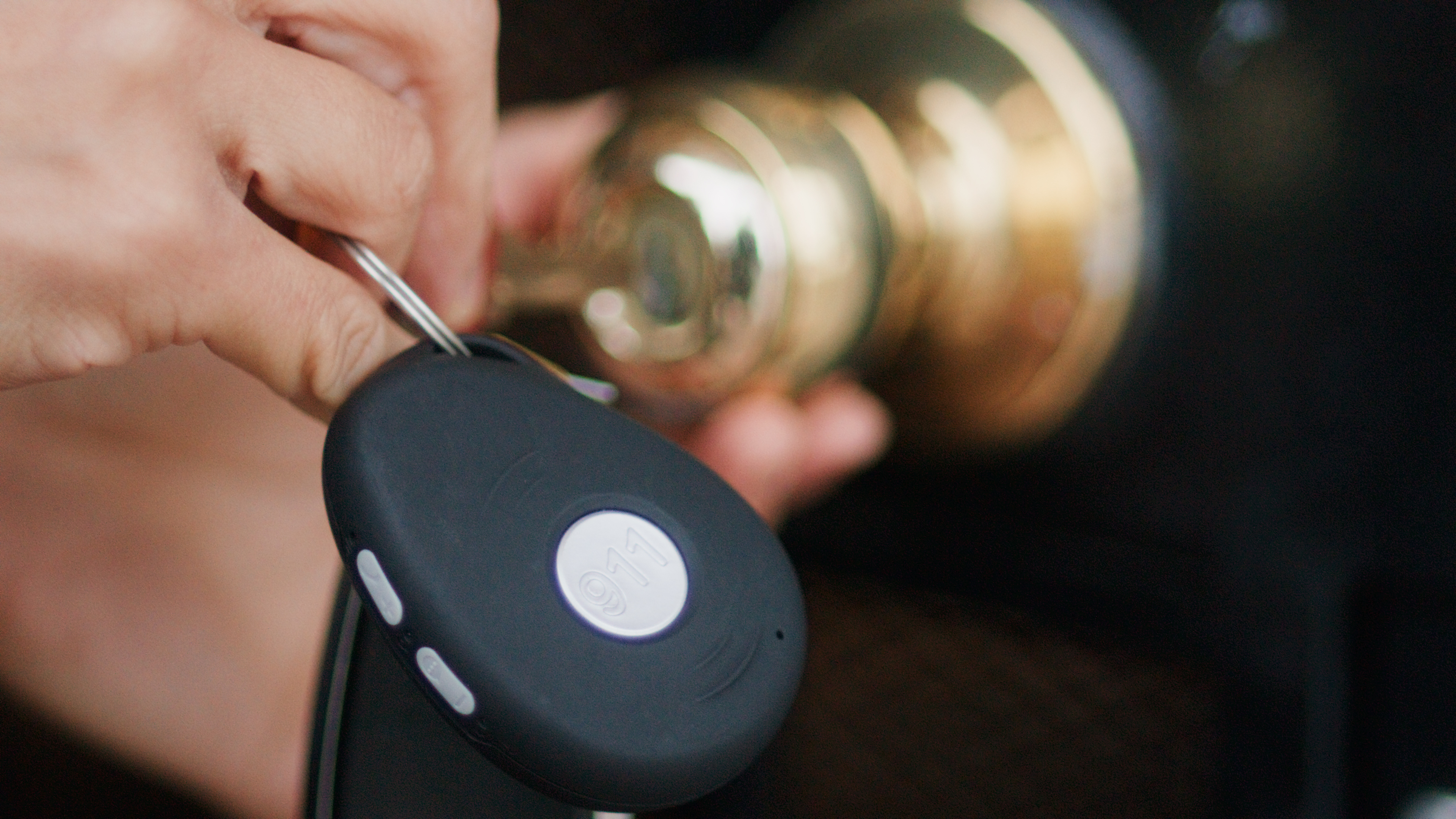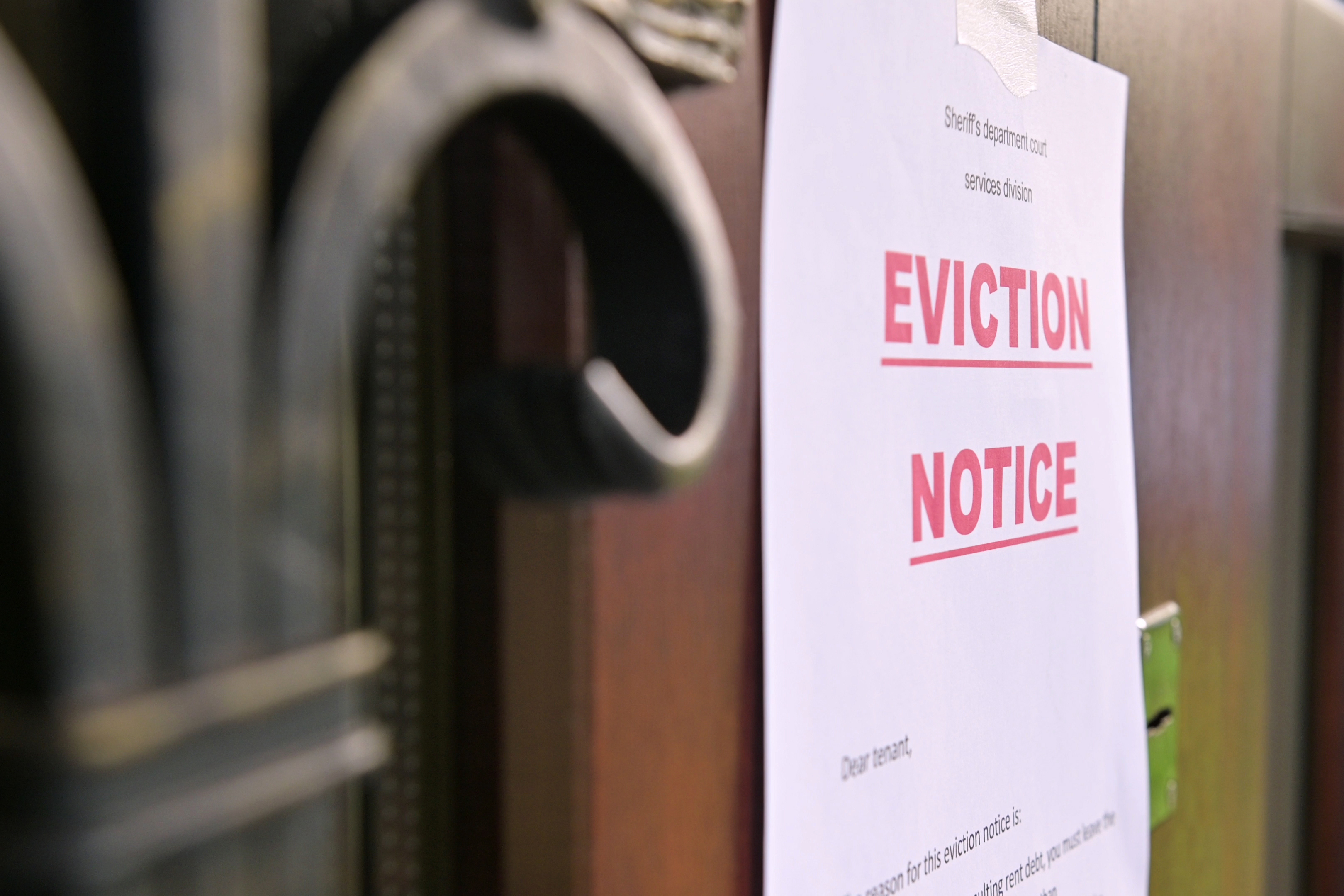10 Real Estate and Leasing Safety Tips for REALTOR® Safety Month
Real estate and leasing is all about making connections with people and helping them find the perfect living space. Part of that job involves some potentially risky situations — entering vacant buildings, meeting with strangers, or handling angry tenants to name a few. It’s worth being prepared for bad scenarios, no matter how unlikely they may be.
The National Association of REALTORS® (NAR) has designated September as REALTOR® Safety Month. It’s a good time for real estate and leasing professionals to remember some of the potential hazards of the job, and to brush up on how to stay safe as a real estate agent.
Here are 10 safety tips for real estate agents and leasing professionals:
Tip #1: Keep client records
The first step in protecting yourself is a natural extension of the client records you’re already keeping.
When you plan to meet with clients, be sure to take note of their names and contact information. You can also make a copy of their photo IDs before you show a property to create a paper trail that discourages criminal activity.
Tip #2: Communicate with others about your location
Communication is a big part of real estate and leasing safety. Always let someone know where you’re going — especially if you’re going alone. Give a coworker or friend details about where the property is located, who you are meeting, and when you expect to be back. Try to establish a check-in time for them to contact you.
This may all seem like overkill at first, but a few seconds sending a proactive text or email can make a big difference should you find yourself in a dangerous situation. If you work in an office with others, you can even create a shared schedule to keep track of everyone’s general whereabouts.
Tip #3: Carry a personal panic button
Most people rely on their cell phones for emergencies, but unfortunately, they’re not 100% reliable in a dicey situation. Pulling your phone out to make an emergency call leaves you vulnerable and can escalate an already bad situation. Worse, your phone may not have battery power.
Many real estate agents and leasing professionals are turning to a personal panic button to stay covered in an emergency. When hooked to your keychain, this simple and unassuming tool can make a 911 call for you in 3 seconds.
Panic buttons tend to be compact and easy to clip onto a lanyard or tuck in your pocket. A high-quality personal panic button like Apartment Guardian connects you to emergency services using a super-sensitive microphone that picks up sound in a 10 foot radius.
Tip #4: Familiarize yourself with showing locations
If you’re a real estate agent going to a new location, familiarize yourself with the neighborhood before you meet with a client. Review the local terrain on a map, and do a practice drive beforehand to get a feel for the area. Be aware of the route you take, and watch out for dead ends, construction, or other externalities.
If you’re a leasing professional, you’re likely familiar with the complex where you conduct showings, but the same principles apply — know your escape routes, and be aware of any areas that may be closed off for construction.
Tip #5: Be smart with social media
Social media is a great marketing tool for real estate agents, but it’s easy to accidentally give away information that criminals can then use to target you.
Things not to share with the general public on social media include:
- Your location, especially if you’re alone
- Your daily routine (i.e. where you stop for gas, what time you leave the office, etc.)
- Details about your family or your home
So much of social media is about being personal and building connections. But finding appropriate boundaries, especially when it comes to safety, can be the difference between a great client relationship and a potentially dangerous situation.
Tip #6: Be aware of your surroundings
When waiting for or engaging with a client, avoid looking down at your phone or paperwork for long periods of time. Priority number one should always be awareness of what’s going on around you.
Tip #7: Stand strategically
Your body language is a valuable asset when it comes to highlighting key features in a home and engaging with clients on a deeper level. It can also help you keep safe.
Where you stand and how you position yourself in a room is important for safety. It’s always safer to let clients enter rooms before you. Stand between the client and the doorway in case you need to retreat quickly, and avoid showing confined spaces whenever possible.
Never enter attics, crawlspaces, or cellars with a client — you can always show these spaces from the outside and allow the client to enter on their own. A client who insists that you enter a confined space with them is a red flag.
Tip #8: Establish a code word
Come up with a code word, phrase, or emoji you can say or text if you need to let someone know that you’re in an uncomfortable or dangerous situation (without alerting the people you’re with). At the same time, be aware that pulling out your phone to text may leave you vulnerable.
Tip #9: Know basic self-defense
No list of real estate safety tips will ignore the hard truth that you should know self defense. While ideally you’ll never be in a situation where you have to fight off an attacker, it’s a good idea to know some basic maneuvers.
You can usually find beginner self-defense classes at local gyms, martial arts studios, or community centers. Keeping pepper spray and an easy-to-use emergency call button on your keychain adds an extra layer of protection if you don’t feel confident in your fighting skills.
Tip #10: Use the buddy system
A lot of the work that real estate and leasing agents do is pretty solitary. Whenever possible, pair up with a colleague.
This is especially important in the new era of video touring, where you may be walking a property by yourself. If possible, bring a trusted friend or partner with you — even if they stay behind the scenes.
Conclusion
No one wants to find themselves in a dangerous situation, but especially in the real estate industry, it’s always best to be prepared for anything.
A personal panic button like Apartment Guardian allows you to alert local law enforcement that you need help — without alerting a potential assailant — simply by pressing a button.
Protect yourself with the Apartment Guardian personal panic button. Learn more.
Related Posts

5 Benefits Of Using An Interactive Monitoring Service Over 911 For Emergencies
An interactive monitoring service is an emergency response system that acts in real-time to connect...

Are You Compliant with CA SB 553?

The Link Between Evictions and Crime
Evictions, while necessary, might be one of the most unpleasant pieces of property management. In a...
